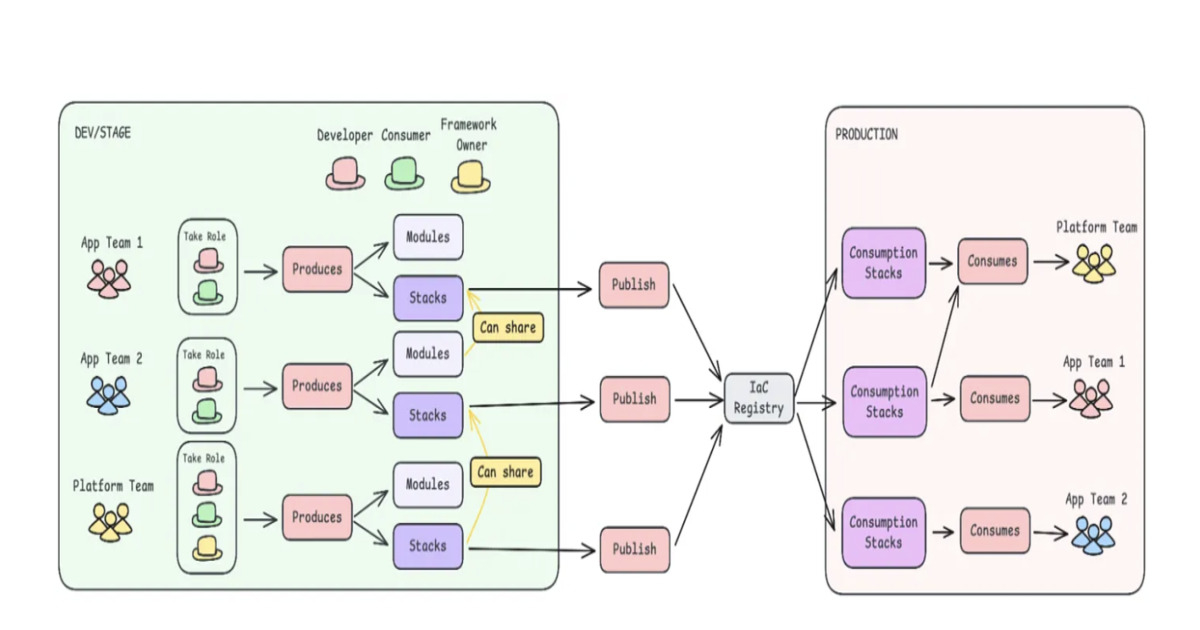Codetown
Codetown ::: a software developer's community
Learning Groovy and Self-publishing
What is Groovy and why should I care?
Hello again, it's me, Adam. Earlier this year, I finished my self-published book, Learning Groovy, which is about, well, learning Groovy. It also covers the top Groovy-based tools and frameworks, Gradle, Grails, Spock, and Ratpack.
I've enjoyed using Leanpub as a place to work on my books (What's new in Java 8 and others). It is really easy and developer friendly. It uses a Dropbox folder and you can write your book in Markdown (which I did). I've enjoyed a fairly constant trickle of purchases, but I was frustrated that I never had enough time to devote to the other huge part of self-publishing: marketing. To be really successful with a book, it needs to be marketed really well. You need to put in a lot of time and money. So, when it came to publishing "Learning Groovy," I approached several publishers to do the marketing for me.
Luckily, one of them accepted, and I'm currently in the process of final edits (publisher shall remain anonymous for now).
This means that you can only get the self-published version of "Learning Groovy" for a limited time. Once it goes to the publisher, I have to take down all my versions per the contract.
"What is Groovy and why should I care?" you ask? First of all, what rock have you been living under? Secondly, Groovy is a mature and flexible open-source language that runs on the JVM. Want to learn more about functional programming, want optional dynamic typing, easy restful services, easy reactive web applications (Ratpack)? Maybe you to learn about the most popular build framework and testing frameworks for Java (Gradle and Spock)? Groovy is where it's at.
Notes
Welcome to Codetown!
 Codetown is a social network. It's got blogs, forums, groups, personal pages and more! You might think of Codetown as a funky camper van with lots of compartments for your stuff and a great multimedia system, too! Best of all, Codetown has room for all of your friends.
Codetown is a social network. It's got blogs, forums, groups, personal pages and more! You might think of Codetown as a funky camper van with lots of compartments for your stuff and a great multimedia system, too! Best of all, Codetown has room for all of your friends.
Created by Michael Levin Dec 18, 2008 at 6:56pm. Last updated by Michael Levin May 4, 2018.
Looking for Jobs or Staff?
Check out the Codetown Jobs group.
InfoQ Reading List
Google Launches Automated Review Feature in Gemini CLI Conductor

Google has enhanced its Gemini CLI extension, Conductor, by adding support for automated reviews. The company says this update allows Conductor "to go beyond just planning and execution into validation", enabling it to check AI-generated code for quality and adherence to guidelines, strengthening confidence, safety, and control in AI-assisted development workflows.
By Sergio De SimoneFrom Central Control to Team Autonomy: Rethinking Infrastructure Delivery

Adidas engineers describe shifting from a centralized Infrastructure-as-Code model to a decentralized one. Five teams autonomously deployed over 81 new infrastructure stacks in two months, using layered IaC modules, automated pipelines, and shared frameworks. The redesign illustrates how to scale infrastructure delivery while maintaining governance at scale.
By Leela KumiliGoogle Publishes Scaling Principles for Agentic Architectures

Researchers from Google and MIT published a paper describing a predictive framework for scaling multi-agent systems. The framework shows that there is a tool-coordination trade-off and it can be used to select an optimal agentic architecture for a given task.
By Anthony AlfordGoogle Cloud Brings Full OpenTelemetry Support to Cloud Monitoring Metrics

Google Cloud recently unveiled broad support for the OpenTelemetry Protocol (OTLP) in Cloud Monitoring, marking a step toward unifying telemetry collection across its observability stack.
By Craig RisiAWS Launches Agent Plugins to Automate Cloud Deployment

AWS launched Agent Plugins for AWS, providing AI coding agents with specialized deployment skills. The initial deploy-on-aws plugin transforms workflows by accepting commands like "deploy to AWS" and generating complete pipelines with architecture recommendations, cost estimates, and infrastructure code. Supported in Claude Code and Cursor, AWS claims 10-minute deployments versus hours manually.
By Steef-Jan Wiggers
© 2026 Created by Michael Levin.
Powered by
![]()
You need to be a member of Codetown to add comments!
Join Codetown